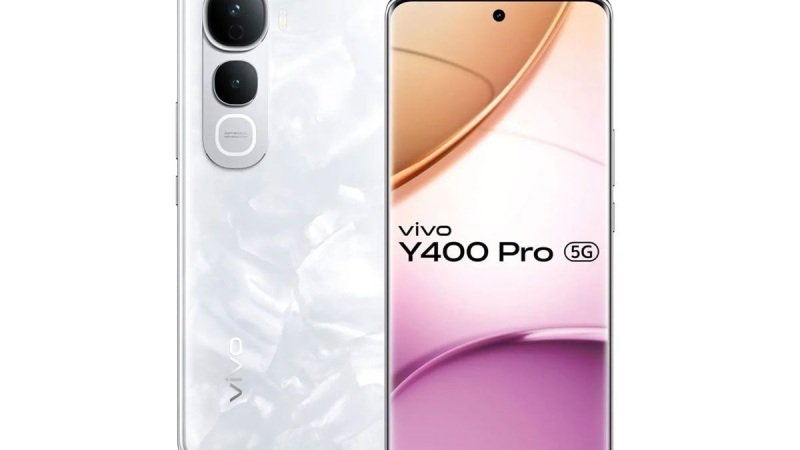Iridium said on Thursday that the chipmaker had revealed last week that it intended to back out of the agreement. On December 3, the contract will formally expire. Following the revelation, shares of Iridium, a satellite operator based in McLean, Virginia, which is listed on the Nasdaq, dropped by more than 5% today.
Emergency SOS is an iOS feature that Apple Inc. announced at the iPhone launch event last year. Even when a user is outside the coverage area of the closest mobile tower, they can still text emergency services via satellite technology. Qualcomm unveiled a rival feature for Android phones that made use of Iridium’s satellite constellation to improve connections in far-off places, four months after Apple’s event.
Over eighty satellites, launched over roughly thirty years by two different corporations, make up the Iridium constellation. Motorola Inc. supported the original company, a dot-com, whereas Iridium is the current operator of the constellation. It used a SpaceX Corp. rocket earlier this year to launch its most recent group of satellites.
Data is transmitted by Iridium’s satellites using the L band, a region of the radio spectrum. Rain, fog, and other unfavorable weather conditions cannot interfere with radio signals operating at this frequency, making the technology appropriate for emergency communications. The trade-off is that the L band can only support relatively basic communications applications because to its restricted bandwidth.
The goal of Qualcomm and Iridium’s a contract, according to their initial announcement, was to enable two-way messaging on Android phones for emergency purposes. The businesses hinted that in the future, the feature might be added to devices other than smartphones. Emergency SOS, an Apple satellite communications capability, is exclusive to the iPhone and only allows one-way texting.
Iridium stated that it had “successfully developed and demonstrated” the satellite communications feature that the businesses had announced when they announced the end of their cooperation with Qualcomm. It seems that low demand was the cause of the cancellation. Iridium said, “Despite this technological achievement, smartphone manufacturers have not incorporated the technology in their devices.”
The company intends to carry on looking for potential prospects in the mobile industry in spite of the setback. Iridium said that since the Qualcomm agreement was canceled, it can now form partnerships with competing chipmakers, phone makers, and OS system developers. Potential partners will have the opportunity to influence the company’s technology development strategy.
Iridium Chief Executive Officer Matt Desch stated, “We believe the direction of the industry is clear toward increased satellite connectivity in consumer devices, even though I’m disappointed that this partnership didn’t bear fruit immediately.”
Iridium is not expecting that the Qualcomm partnership’s termination will have an impact on its financial outcomes in 2023. The company predicted this month that its service sales at year’s end will be almost 10% higher than the $534.7 million it brought in during the 2022 fiscal year. Additionally, Iridium has reaffirmed its goal to generate $1 billion or more in service revenue annually by the end of the decade.
Qualcomm might still provide a capability for satellite communications in the future. The business leads the Android handset ecosystem as a provider of modem chips and antennas. If manufacturers of mobile devices saw a sharp rise in demand for satellite connectivity, Qualcomm would be highly motivated to include the technology into its chips.
Topics #Android #Android satellite communications #Collaboration #Communication #Companies #Iridium #news #Partnership #Qualcomm #Satellite











